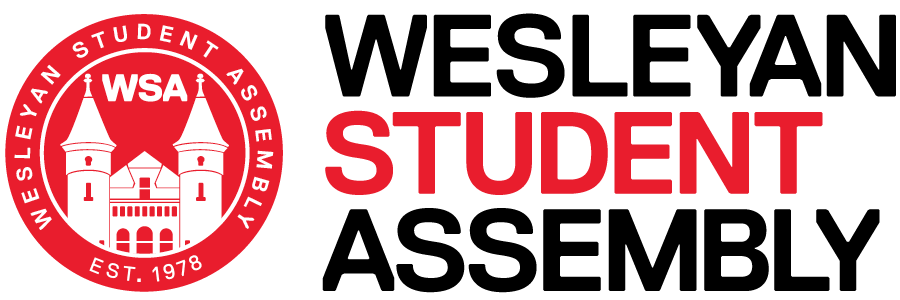Ethical Managers, Ethical Endowments
The central focus of the CIR for the past several years has been advocacy surrounding how Wesleyan chooses the external managers who invest the vast majority of the University’s endowment. The CIR is currently working to develop a quantitative index for measuring managers’ environmental and social responsibility, in order to aid the Trustees in selecting high-road investment vehicles.
In the 2013-2014 school year, after receiving several inquiries from students and alumni concerning the University’s investments in fossil fuel assets, the Committee researched different divestment strategies and published a report outlining the University’s options in its year end letter.
During the 2014-2015 school year, the CIR presented a proposal to the Board of Trustees advocating University divestment from coal assets. The proposal also called for more general changes to the University’s investment policy statement to express a formal commitment to incorporate environmental, social, and corporate governance (ESG) considerations into the selection of securities and external managers.
In response, the Board of Trustees adopted a resolution stating in part: “The Committee believes that thoughtful engagement on environmental, social and governance matters is consistent with enhancing long-term returns and with prudently managing the endowment for the long-term benefit of the University…. In selecting external managers or considering direct investments, the Committee and staff will consider environmental, social and governance factors as part of their investment process.” Media coverage of the 2015 proposal can be found in the Middletown Press, Hartford Courant, Wesleyan Argus, and on President Roth’s blog.
In 2015-2016, the CIR followed up on its previous discussions with the Trustees in a proposal to adopt a standard-procedure for ESG risk review. As a result, the Wesleyan Investments Office now includes a section on ethical concerns in reports on current and prospective managers to the Board of Trustees.
In 2018-2019, the CIR worked with the Wesleyan Student Assembly on a resolution pledging to divest its endowment from Wesleyan's endowment, as well as the Vanguard Total Stock Market Index Fund Admiral Shares (Vanguard Fund), as a commitment to divest from the Israeli occupation of Palestine and fossil fuels.
Community Investment
In 2011, the CIR submitted a proposal to Wesleyan’s Finance Office that it transfer $500,000 from its main operating account to two local banks committed to serving disadvantaged communities. The proposal was adopted, and the CIR submitted corresponding letters of intent to Liberty Bank (Middletown) and The Community’s Bank (Bridgeport).
In 2013, the CIR successfully proposed increasing the community investment program to $1 million. The University now holds $250,000 in 6 month CDs in each of the following banks: Liberty Bank, Start Community Bank (New Haven), City First Bank of DC, and Carver Federal Savings Bank (New York). Further efforts to expand the scope of the project are ongoing.
Public Engagement
The CIR has organized and facilitated public forums on the endowment in 2014 and 2015. It has also conducted survey research to solicit student views on investment ethics questions. Some of the resulting data can be viewed in the 2014-2015 proposal linked to above.
In 2011, the CIR submitted a proposal advocating increased transparency of University endowment assets to the student body , which was passed as a resolution of the Wesleyan Student Assembly. A regularly updated list of the University’s directly held securities is now available on this website to those with a Wesleyan log-in.
In 2019, the CIR contributed an article advocating for Wesleyan to transfer its investments out of the fossil fuels industry. The CIR will continue these efforts by working with student groups on campus in the 2019-2020 school year.
In 2020, the CIR hosted a town hall for the student body to discusss the University’s investments and their plans to advocate for divestment from oil and gas. They presented a slideshow detailing the different ways that the University invests its endowment, and invited attendees to ask questions about the CIR in order to better understand it and its structure.
Past End-of-Year Reports
